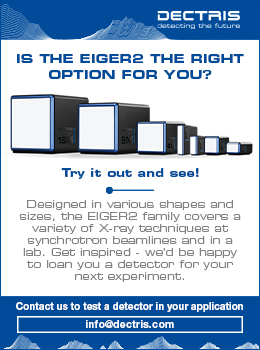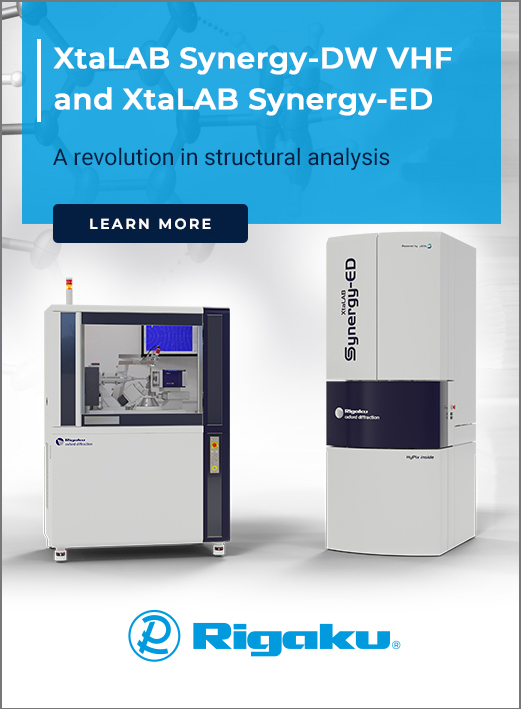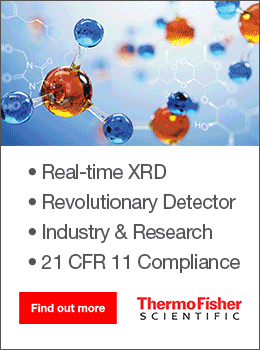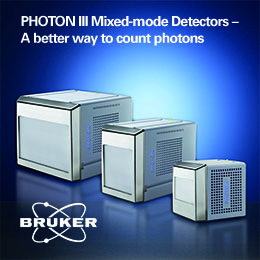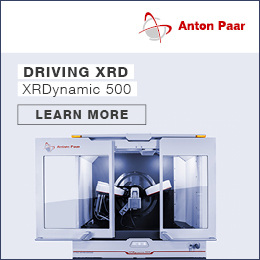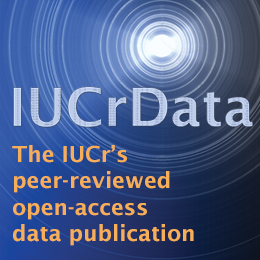


Meeting report (IUCr supported)
6th European Crystallographic School
![Thumbnail [Thumbnail]](https://www.iucr.org/__data/assets/image/0009/152964/ECS6-thumbnail.png)
The 6th European Crystallographic School (ECS6), the school of the European Crystallographic Association under the auspices of the IUCr, was held from 4 to 10 July 2021. ECS6 was organized as an online event by Hungarian crystallographers. The school would have taken place in Budapest in 2020 but had to be postponed for a year and then it had to be moved to the virtual space because of the COVID-19 pandemic. That is the reason we can not provide lovely photographs of the participants. Instead, a photomontage of the organizers can be seen below.
![[Organisers]](https://www.iucr.org/__data/assets/image/0008/152963/ecs6m5.jpg) Photomontage of the ECS6 team (from left to right): first row: Petra Bombicz (Chair), Nóra V May (Secretary), Sourav De (ChemCrystLab); second row: AKCongress (PCO) and Hotel AVS (technical support) with Krisztina Tóth in the middle; third row: behind-the-scenes technical facilitator, Laura Bereczki (ChemCrystLab), Tamás Holczbauer (ChemCrystLab).
Photomontage of the ECS6 team (from left to right): first row: Petra Bombicz (Chair), Nóra V May (Secretary), Sourav De (ChemCrystLab); second row: AKCongress (PCO) and Hotel AVS (technical support) with Krisztina Tóth in the middle; third row: behind-the-scenes technical facilitator, Laura Bereczki (ChemCrystLab), Tamás Holczbauer (ChemCrystLab).
The five full busy days were extended with a preparation day before and with an excursion day after the teaching period. There were excellent lectures from eminent scientists, vivid discussions, a hands-on tutorial and four laboratory practicals. An overview of the very broad field of crystallography was provided, covering diffraction physics, symmetry, reciprocal space, instrumentation and experimental techniques, structural chemistry, non-ambient conditions, structural biology, data validation and quality, and so on. The lectures covered emerging techniques, like XFEL and electron diffraction, as well as the role of the CSD and PDB databases. Extra information on solution chemistry, on how to publish and on structural aspects of COVID were also given.
Nine scientists each from Hungary and the UK, five from Germany, three from Italy and one each from Poland, Portugal, South Africa and Switzerland accepted our invitation to teach at ECS6. The contribution of Professors Christian Lehmann, John Helliwell and Manfred Weiss, who delivered several lectures on different aspects during the week, has to be highlighted.
The 90 students arrived from four continents: Europe, North and South America, Africa and Asia: quite a number of the participants took the challenge to follow the long, busy days from different time zones. The gender distribution of the ECS6 students coincided with the natural population, half of the students were female, half of them male. In terms of proficiency, 45% of the students were beginners in crystallography, 32% had 1 to 2 years of experience and the rest had even more experience. The student survey revealed that most of the attendees were interested in molecular structure and chemical properties, powder diffraction, crystallography of functional materials and macromolecular crystallography. The topics of electron crystallography, molecular recognition and interaction, mineral and inorganic crystallography, crystallography under extreme conditions, instrumentation and experimental techniques, and crystallographic computing were also given as research interests. It means that the ECS6 school could offer something for everyone. Students might learn in their own field and could increase their knowledge in the related fields.
As ECS6 is a school, although organized online, the lectures were completed with extended Q&A sessions. The laboratory practicals were followed by 30-minute discussion sessions. All Q&A sessions were well attended. Teaching materials were provided and the ECS6 programme was made available for the registered participants to revisit for two more months. Moving to the virtual space was a special challenge for the teachers. At the end of the school all participants could vote on the lecturer who used the chance to teaching her/his subject online in the most effective way. The best online teacher of ECS6 was elected to be Christian Lehmann. The students could also take a quiz to measure the efficiency of knowledge transfer. A total of 26 students volunteered to test her/his familiarity in crystallography. The winner, who answered the highest number of questions well, was Najlaa Hamdi from Sidi Mohamed Ben Abdelah University, Morocco.
![[ECS6 poster prize winners]](https://www.iucr.org/__data/assets/image/0005/152969/ECS6_ppw.png) Laura Kind (left) and Marco Vandone, winners of the IUCr Journals Poster Prizes.
Laura Kind (left) and Marco Vandone, winners of the IUCr Journals Poster Prizes.
ECS6 students presented their own research at two poster sessions. The presenters needed to upload a poster, might also submit a flash presentation, and live chat with the authors was also made possible. All together six poster prizes were awarded by the IUCr, CCDC, PDBe and CrystEngComm. The IUCr Journals Poster Prize in structural biology was awarded to Laura Kind, University of Bergen, Norway, while the IUCr Journals Poster Prize in structural chemistry was awarded to Marco Vandone, University of Milan, Italy.
We missed the busy lecture halls, the crowded laboratories, the chats during the coffee breaks. Our rooms and corridors were empty, our dreams about the school were different from when we got the opportunity to organize it. Anyhow, we had to get over the difficulties caused by the pandemic. In addition to excellent scientific education, we offered different opportunities for socializing: networking in the evenings, a concert of Chemical Singers to present the extra talent of our colleagues, and two “live” virtual tours, where the guide was walking and cycling in real time instead of us, showing the beauties of Budapest and answering our questions in the daytime and at sunset.
The active participation of the students was crucial to the success of the school. The school was organized for them, and they have received a huge package of new information. The most eminent scientists were working hard for months on the preparation and recording of their contributions, at the same time developing new skills in online teaching. The organizers are grateful for all the contribution and support of the ECA and the IUCr, as well as of the Italian Crystallographic Association for the bursary they offered to the student participants. The school could not have been organized without the financial support of our exhibitors: Bruker, Dectris and Rigaku (argentite sponsors), Crystal Impact and MiTeGen (molybdenite sponsors) and CCDC, PDBe, OlexSys, European XFEL, CrystEngComm and Molecular Dimensions (cuprite sponsors). It is a special pleasure that all members of the Hungarian crystallographic community contributed to the organization of ECS6 with their whole enthusiasm, which improved our cohesion. A special thank you has to be addressed to the members of the Chemical Crystallography Research Laboratory, Centre for Structural Science of the Research Centre for Natural Sciences.
The 6th European Crystallographic School was a magnificent event. It offered a great learning experience for the participant and valuable opportunities to interact with fellow researchers. We hope that life will soon return to its usual pre-pandemic way and that the next school, ECS7 in Lisbon, Portugal, in 2022, can be organized as an in-person event.
Petra Bombicz, Chair of ECS6, is at the Chemical Crystallography Research Laboratory, Centre for Structural Science, Research Centre for Natural Sciences, Budapest, Hungary.
Copyright © - All Rights Reserved - International Union of Crystallography


